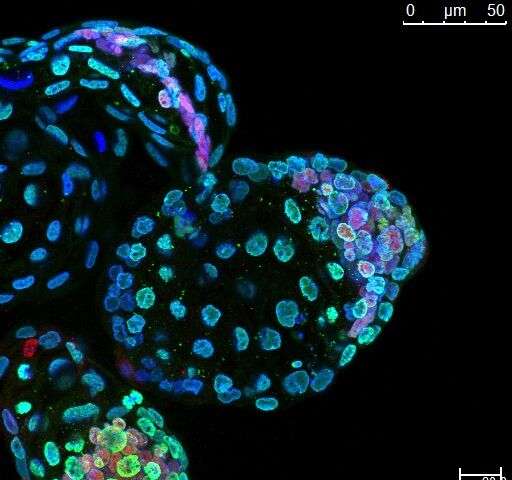Hitting the pause button on development in embryos has implications for understanding aging.
UC San Francisco researchers have found a way to pause the development of early mouse embryos for up to a month in the lab, a finding with potential implications for assisted reproduction, regenerative medicine, aging, and even cancer, the authors say.
The new study—published online November 23, 2016 in Nature —involved experiments with pre-implantation mouse embryos, called blastocysts. The researchers found that drugs that inhibit the activity a master regulator of cell growth called mTOR can put these early embryos into a stable and reversible state of suspended animation.
“Normally, blastocysts only last a day or two, max, in the lab. But blastocysts treated with mTOR inhibitors could survive up to 4 weeks,” said the study’s lead author, Aydan Bulut-Karslioglu, PhD, a post-doctoral researcher in the lab of senior author Miguel Ramalho-Santos, PhD, who is an associate professor of obstetrics/gynecology and reproductive sciences at UCSF.









Comments are closed.